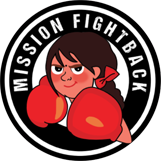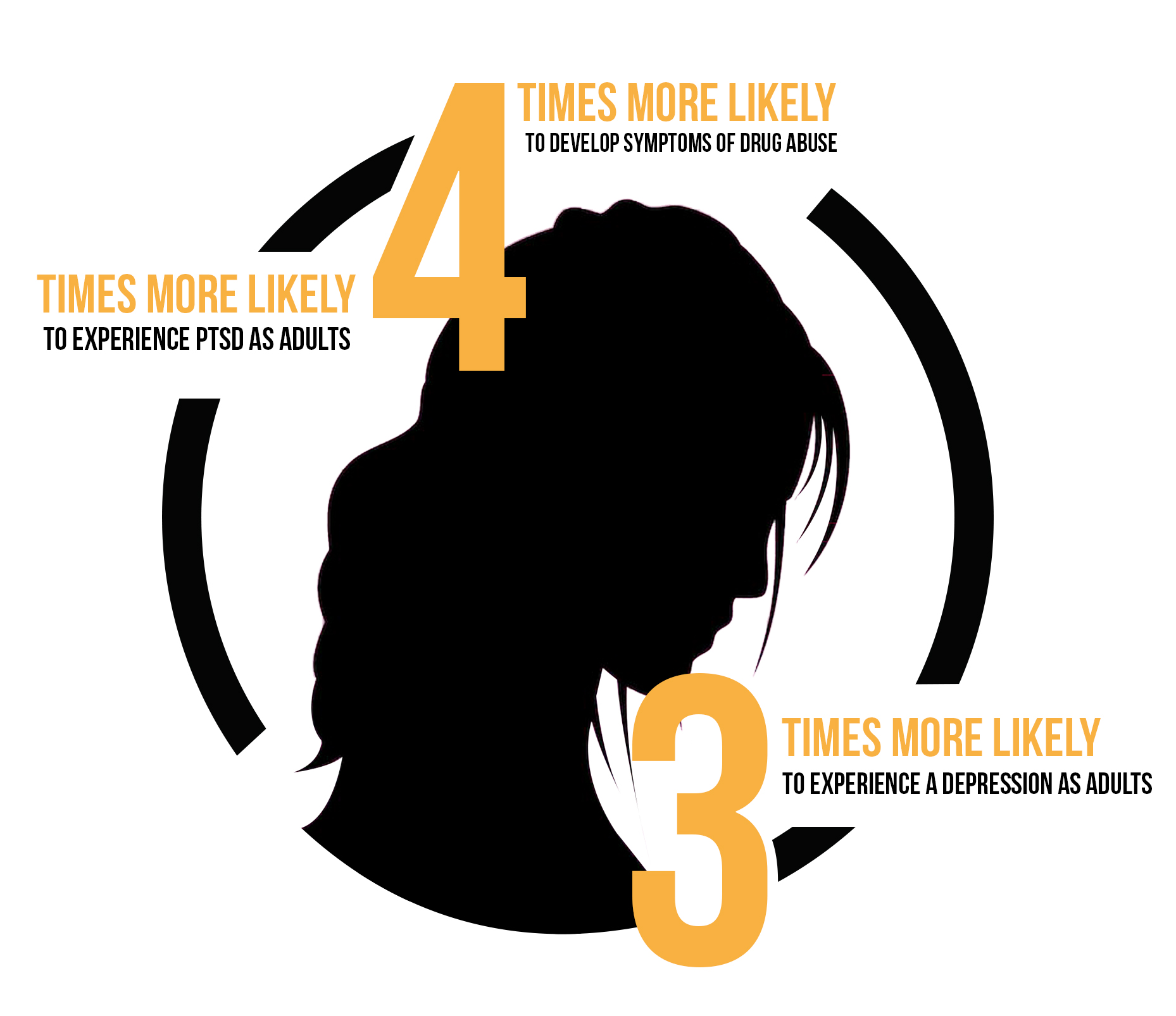Any form of sexual activity with a minor is classified as child sexual abuse. A kid does not know what consent is! The effect of such acts against kids has lasting effects on a child’s psyche. It is critical to note that child sexual abuse is not limited to physical contact between a perpetrator and a child.
Forms of child sexual abuse include:
- Exhibitionism, or exposing oneself to a minor
- Fondling a child or oneself in the presence of a minor
- Masturbation in front of a minor or forcing the minor to masturbate
- Threatening to expose or damage a child’s genitals
- Obscene phone calls, text messages, or digital engagement
- Sex of any kind with a minor, including vaginal, oral, or anal
- Producing, owning, or sharing pornographic images or movies of children
Identifying Perpetrators of Child Sexual Abuse:
More than 95% of child abuse cases recorded abuse by someone known to the child. A perpetrator does not have to be an adult to harm a child. They can have any relationship to the child including an older sibling or playmate, parent, family member, a teacher, a coach or instructor, a caretaker, or the parent of another child. Abusers can potentially manipulate victims to stay quiet about the sexual abuse using any means deemed necessary by them. Abusers use their position in a child’s life to intimidate the child. The abuser can programme a child’s mind to believe the act was normal and the child enjoyed it. An abuser may make threats if the child refuses to participate or plans to tell another adult. Child sexual abuse is not only a physical violation; it is a violation of trust.
Understand the Warning Signs:
Child sexual abuse isn’t easy to identify. The abuser can be someone you have known since long or someone you & your family trusts a lot. This makes it harder to notice. Consider the following warning signs:
A. Physical Signs:
- Bleeding, bruises, or swelling in the genital area
- Bloody, torn, or stained underclothes
- Difficulty walking or sitting
- Frequent urinary or yeast infections
- Pain, itching, or burning in the genital area
B. Behavioural Signs:
- Changes in hygiene, such as refusing to bathe or bathing excessively
- Develops phobias, shows signs of depression, causes self-harm
- Exhibits suicidal thoughts, especially in adolescents
- Showcases inappropriate sexual behaviour
- Nightmares or bed-wetting
- Overly protective and concerned for siblings
- Returns to regressive behaviors, such as thumb sucking
- Shrinks away or seems threatened by physical contact
Effects of Child Abuse
Child sexual abuse can be long-lasting and affect the kid’s mental health. Victims are more likely than non-victims to experience the following mental health challenges:
- About 4 times more likely to develop symptoms of drug abuse
- About 4 times more likely to experience PTSD as adults
- About 3 times more likely to experience a depression as adults
A big part of protecting your child is about ensuring conversations. Talk to your child at an early age about good touch and bad touch. Help the child feel comfortable about expressing their fears/concerns about certain persons they feel odd about.
Feel free to write to us at info@missionfightback.com to know more about addressing such issues or how to prepare your child against any such adverse situations.
Mission Fight Back aims to help every child become more aware and self-reliant.
Source: NCRB 2018 Report | CRY


